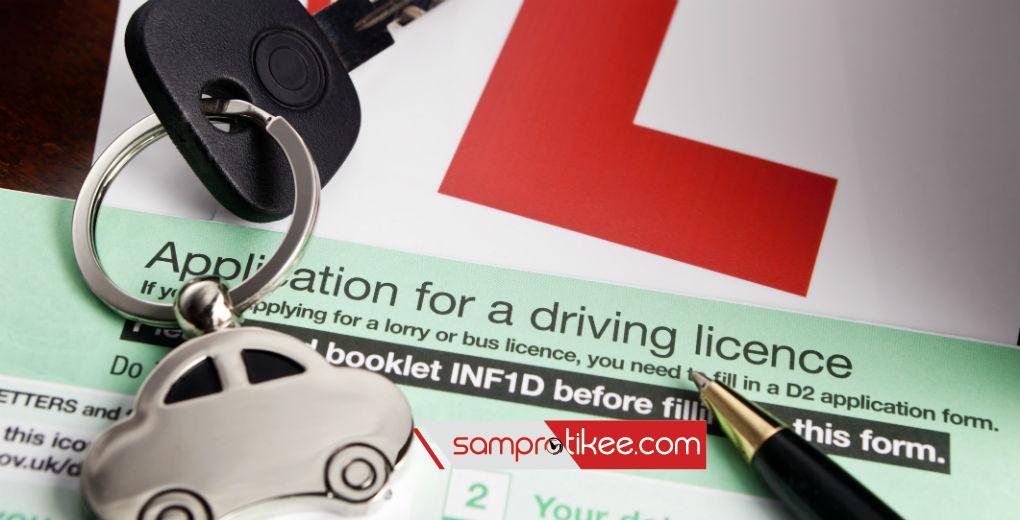How to insure for learner drivers
What is the best way to insure learner drivers? This is a question that many parents are asking themselves. Insuring learner drivers with good insurance is important in order to avoid any future problems. It can be difficult to know what are the best choices when it comes to insuring learner drivers.
This article will give you some of the most popular ways that people ask about when it comes to insuring their learners. You will learn about how these choices can affect your car and your wallet, whether this type of insurance is mandatory, which brands are best for learners, and more!
What is the best way to insure learners?
There are a number of ways that parents and insurance companies can ensure learners.
School rules
When learners are doing school work, or on the way to school, most insurance companies will cover them with a learner’s policy. If the learners are on their way to or from school at all times, then they will need to carry a pupil’s policy.
If the learners are traveling across the state, they may need to carry a statewide policy.
While a student is still in school, they may want to have an at-risk policy, which will help them in a collision if the at-risk driver is involved in a collision.
School policies have strict rules on who can be insured. For example, drivers in the business, commercial, and on-highway fields will not be considered.
How do different insurances affect my car and wallet?
Many insurances for learner drivers are optional. This means that if you choose the wrong insurer your insurance will not cover you, and you will not be covered if anything happens to your car.
Ensuring learners with premium insurance (top-up insurance) is mandatory when you are leasing a car, or when you are renting a car from a hire company.
Leasing a car is becoming very popular. This type of insurance is generally necessary if you rent a car from a company that does not offer it.
Premium insurance is often offered by some major car leasing companies, car hire companies, and dealerships.
However, it is possible to also use to insure learner drivers for free through the DVLA.
Premium insurance costs more than basic insurance.
Why Insure Learners?
As the best way to ensure a learner driver is to make sure that their insurance policy offers them good coverage.
Drivers aged 16 and under are required by law to have third-party liability insurance coverage. This policy would payout in case of an accident in which a person was the victim.
Teenagers aged 18 and over are required to have third-party liability insurance coverage, too, which is for injury or death caused by the teen.
An insurance company can refuse to provide a driver’s insurance policy to a learner driver who is underage. In this situation, the policy may not payout in the case of an accident if the driver is involved.
However, a second policy may provide better coverage for a learner driver than the first insurance policy.
Third party, fire and theft for learners
If you are unsure whether insurance for learners is necessary, then you should take some of the options outlined in this article into consideration first.
Legally, it is considered compulsory to insure learner drivers when they are in a vehicle that you are using to drive them around.
There are different types of insurance that are available for learners. This article will provide you with a clear explanation of how third-party, fire and theft insurance works.
Here’s what you need to know about this type of insurance and how it relates to your car insurance:
You can choose from any of these insurance providers in order to ensure your learner driver.
It’s important to choose a company that offers all the services you need and is completely valid for your insurance purposes.
Mandatory insurance for learners
The government says that all newly-qualified drivers must get insurance. This is generally known as a learner’s policy. These policies are usually cheaper than standard insurance but this is because they are mandatory.
Some of the policies you will be able to get from providers include:
Basic – this policy will cover all the basics like identity theft, claims, breakdowns, third-party liability, hospital treatment, and more.
No-claims bonus – your no-claims bonus will help pay for your cover if you are not making any claims in that year. There are other no-claims bonus plans that you can find out more about.
Premium assistance – this plan helps with the payment of your premium for a fixed time period. You can find out more about this plan and other premium assistance plans.

